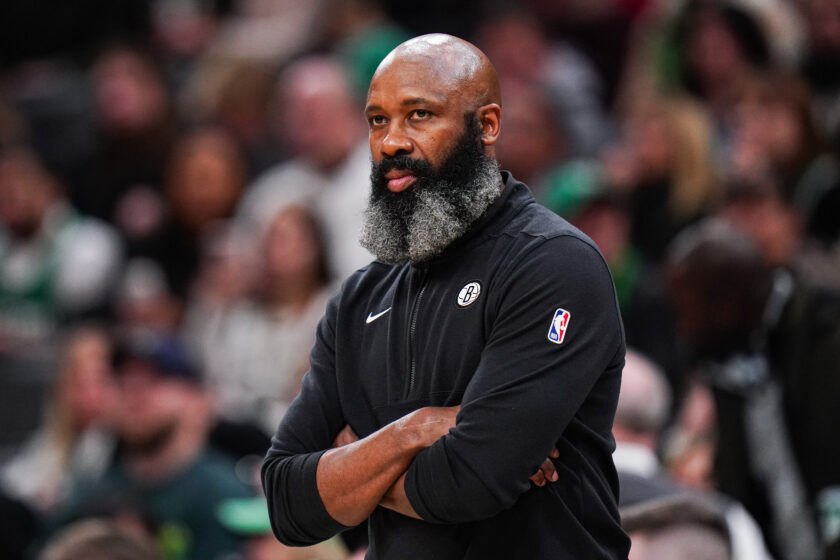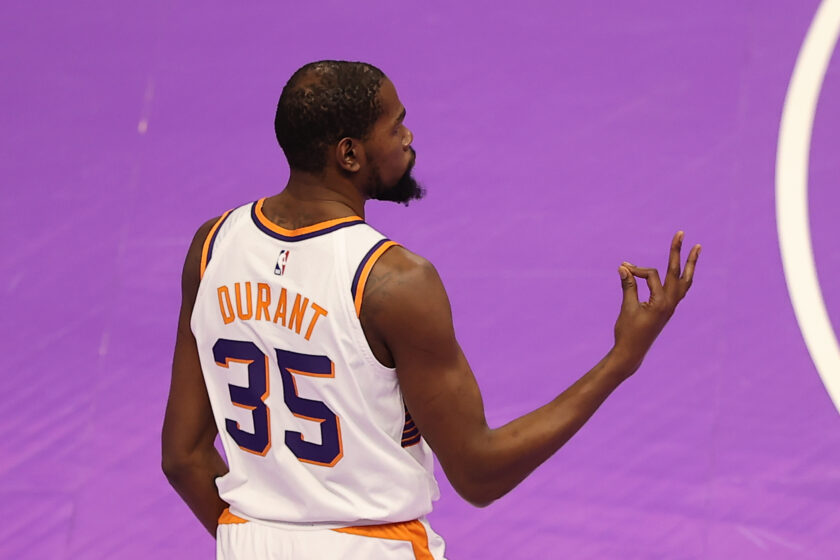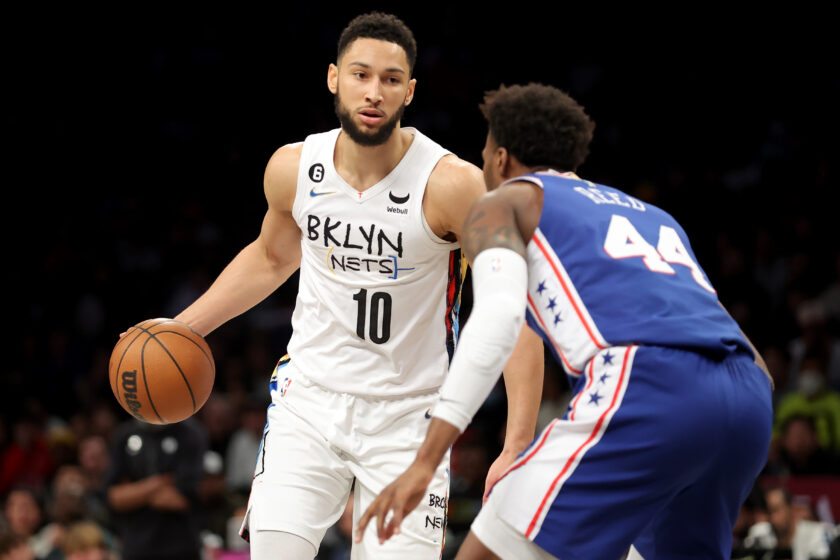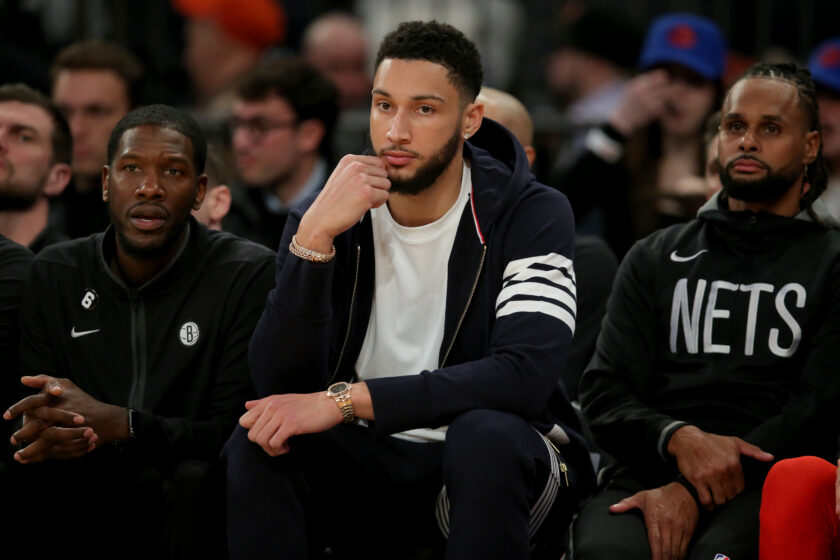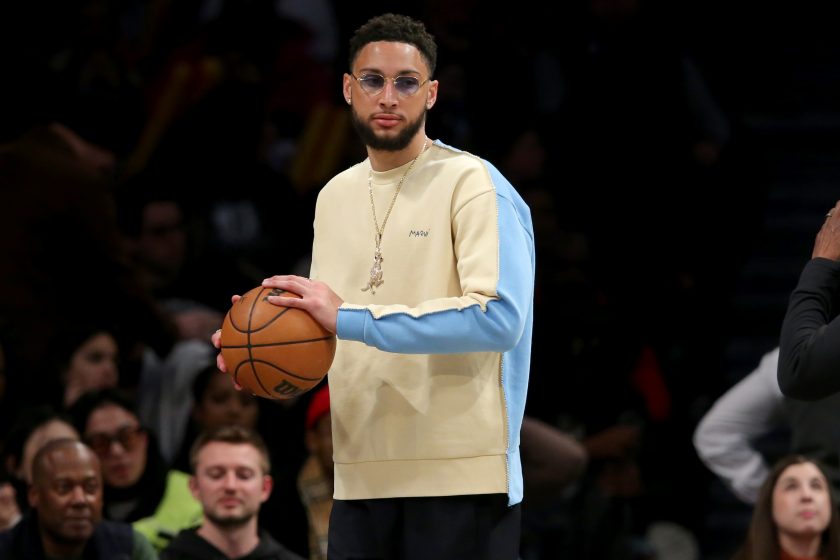Why the Brooklyn Nets won the Dwight Howard trade
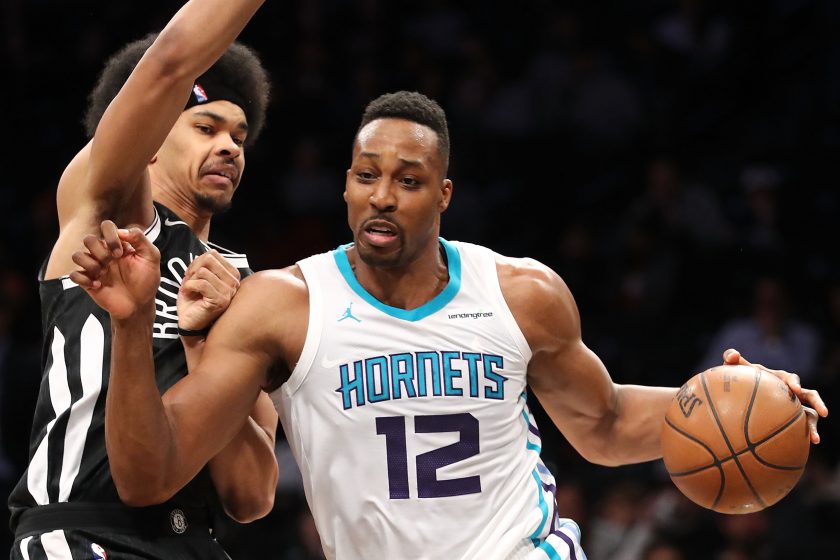
The Brooklyn Nets and Charlotte Hornets are on the verge of finalizing a deal involving two big men. How did both teams make out in the deal?
The Brooklyn Nets are finalizing a deal to send Timofey Mozgov, the 45th pick in this year’s draft, a 2021 second round pick, and cash considerations to the Charlotte Hornets in exchange for Dwight Howard. Who won the deal?
Who won this trade and what does the trade mean for each team’s future? Here are the details.
Howard, a perennial All-Star of the 2000s era, has seen his value decline in the past several seasons. Part of that is due to an outdated style of play and an undesirable locker room presence. His most recent season in Charlotte was an average season for him that definitely does not live up to his $23.8 million salary next season.
2017-2018 was arguably Dwight’s best season of his post-Lakers tenure. He posted per game averages of 16.6 points, 12.5 rebounds, and 1.6 blocks on 55.5 percent shooting. This season’s field goal percentage was the worst since his third year in the league. Howard may not be unplayable, but his All-Star days are far in the rearview mirror.
For Brooklyn, the most important aspect of this trade was ridding itself of Timofey Mozgov’s contract. He signed a 4 year, $64 million dollar deal in 2016 with the Los Angeles Lakers, with two years left on that contract. The 2018-2019 season will pay him $16 million dollars, and in 2019-2020, he will make another $16.72 million.
Dwight Howard, on the other hand, makes $23.8 million this season, but he comes off the books after that. He is in the last year of his three year deal he signed with the Atlanta Hawks in 2016. Brooklyn has brilliantly freed themselves almost $17 million for next offseason.
For Charlotte, the deal makes much less sense. Dwight is an expiring contract. Even though it is a large sum to pay for Dwight’s services, it’s only one more season until they have room to make other deals. But with Mozgov joining the team, they handcuff themselves into another $16.7 million two seasons from now. For a team like Charlotte with such little breathing room to do anything with their cap space, tying themselves to another mega-contract makes little sense.
[sc name=”Nets Center”]Charlotte was able to duck under the luxury tax this season by shedding about $7 million dollars. In the long run, this seems like a big price to pay when the cost is the rest of Mozgov’s contract, one of the worst in the entire league.
The Hornets also received two-second rounders. Second rounders don’t have too much value in the draft, but can work as sweeteners for trades. When the Hornets inevitably need to move on from some of their other contracts, those second rounders can make trades slightly more desirable. When you see how many awful contracts they have, they’re gonna need all the sweetening they can get.
In terms of the 2018-2019 season, Dwight really shouldn’t have a big impact on the court. Brooklyn probably has one more tanking season left in them before they dive into next year’s free agency and turn into a win-now team. They will be able to get another great lottery pick, sign one or two star free agents in 2019, and develop their young talent even further.
Jarrett Allen, the Nets’ first-round draft pick from 2017, should remain in the starting lineup so that he can get all the experience he can handle. His rookie season was very promising as a futuristic big man. Dwight Howard, on the other hand, would contribute a little too heavily to winning now for Brooklyn’s liking. He also does not fit the mold of how Kenny Atkinson likes to run his offense. Rather than run up and down the court setting picks or shooting from the corner, Howard is a slow, post-oriented giant.
One would hope Dwight could teach Allen a few things about being a big in the NBA, but his mentorship may not be very impressive. Mozgov didn’t even play for the Nets for most of last season, so it would make sense to play Howard very conservative minutes while developing talent elsewhere on the team.
To recap, Brooklyn is sending out to Charlotte:
- Timofey Mozgov, C (including $16.72 million in 2019-2020 salary)
- Two second round picks (45th pick this year and one in 2021)
- Cash considerations
In return, Brooklyn receives:
- Dwight Howard, C
It’s pretty clear Brooklyn won this trade in a landslide.
Getting off of Mozgov’s deal opens up Brooklyn to the possibility of having two max-contract slots in the 2019 offseason. They become an intriguing team for any of the stars coming off the books next season, like Kyrie Irving or Jimmy Butler. The two second-round draft picks they lose don’t hurt them much; they already have plenty of young players to grow and possibly extend.
For Charlotte, they do benefit by avoiding the luxury tax this year, but they gain almost $17 million for an extra season, when it should be in their interest to avoid signing long-term money. Charlotte needs to start its rebuild as soon as possible. The second round picks have value, but need to be packaged into deals centered around rebuilding.
Brooklyn has completed a masterful move that signals another key turning point of the brutal rebuild they began in 2015. Charlotte may have a lot to learn from Brooklyn when it comes to tearing down a team and fostering a healthy rebuild based on player development and asset collection.
[sc name=”Nets Link Next” link=”https://elitesportsny.com/2018/06/18/brooklyn-nets-kawhi-leonard-deal-remains-unlikely/” text=”Kawhi Leonard To The Nets Seems Unlikely (Report)” ] [sc name=”Nets Footer”]
